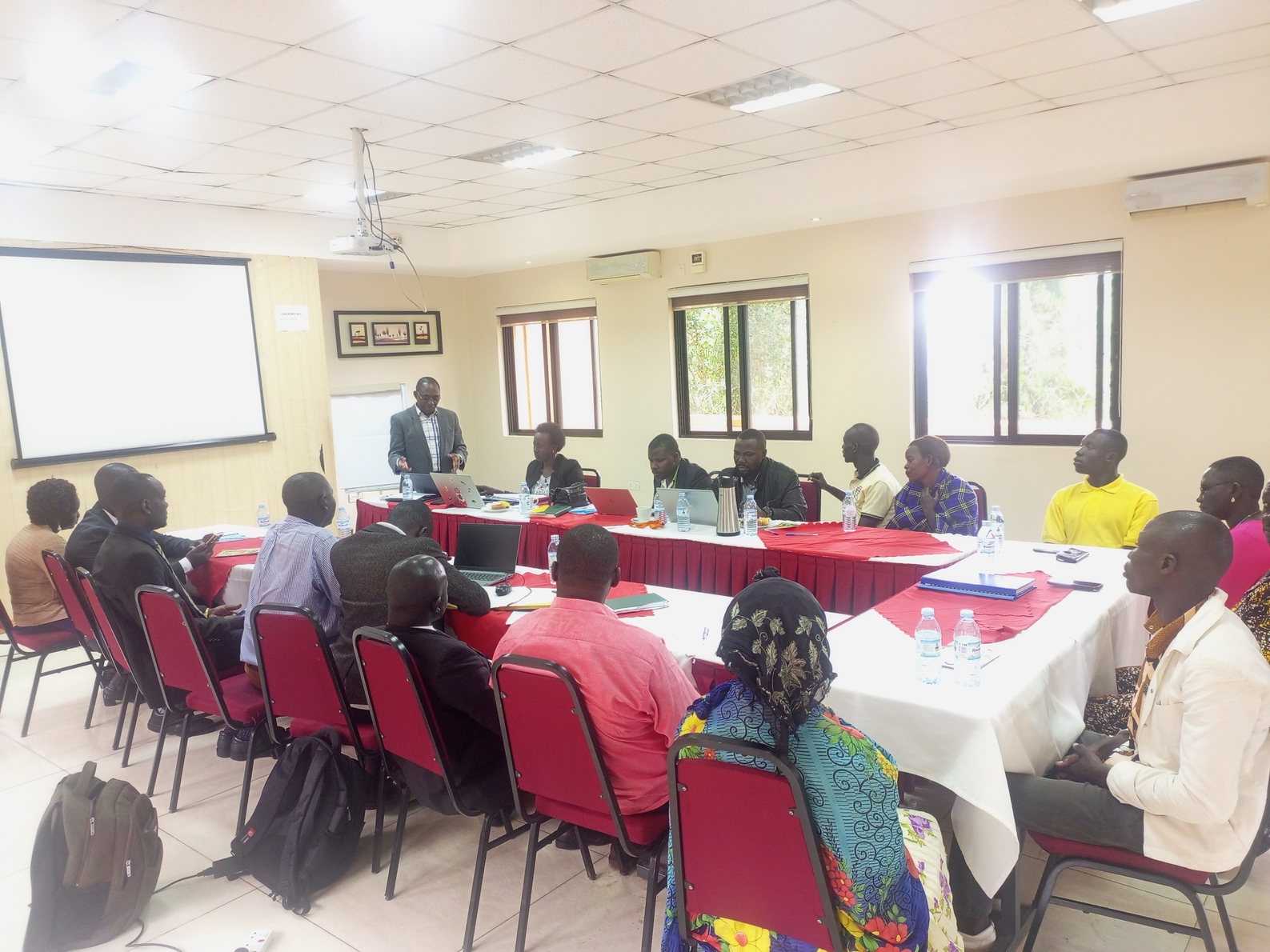
YOUTHS TO RECLAIM OWNERSHIP OF CENTRE CONSTRUCTED BY UN HABI...
May 3, 2024
 play_arrow
play_arrow
Radio Pacis Arua 90.9 FM
 play_arrow
play_arrow
Radio Pacis Arua 94.5 FM
 play_arrow
play_arrow
Radio Pacis Gulu 101.4 FM
 play_arrow
play_arrow
Radio Pacis Moyo 104.8 FM
todayApril 6, 2023




May 3, 2024
May 2, 2024

May 1, 2024
May 1, 2024

May 1, 2024

May 1, 2024

May 1, 2024

April 29, 2024
Radio Pacis Official Website © 2021 All rights reserved
Developed by CommunicationReligieuse.com